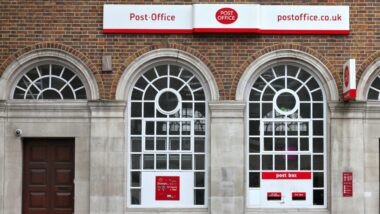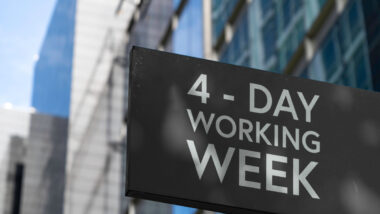Top Class Actions’s website and social media posts use affiliate links. If you make a purchase using such links, we may receive a commission, but it will not result in any additional charges to you. Please review our Affiliate Link Disclosure for more information.

A recent ruling by the UK Supreme Court entitled Uber drivers to pensions, paid leave, and other benefits. Now, the rideshare company is responding —and facing criticism — over its changed worker policies.
The Supreme Court upheld a lower court’s order that would entitle Uber drivers to a number of worker benefits, including paid vacation time, minimum wage, and pension, reports CNN Business. A pair of UK Uber drivers challenged the rideshare company’s labor policies in a 2016 lawsuit, claiming that they were misclassified as “independent contractors”.
This week, Uber issued a response to the Supreme Court ruling, reportedly stating that the change in classification would only apply to its ride-hailing drivers, not food delivery drivers. In addition, the company claimed that the change is unique to the UK where a “worker” classification exists under the country’s labor laws and only provides Uber drivers with limited benefits.
In addition, Uber has reportedly indicated it will only apply the minimum wage provision to the time drivers spend picking up or dropping off a passenger – time spent waiting for a trip would not be paid. However, the lead plaintiffs in the legal action, James Farrar and Yaseen Aslam, issued a statement pushing back on Uber’s policy under the Supreme Court ruling.
“The Supreme Court ruled that drivers are to be recognized as workers with entitlements to the minimum wage and holiday pay to accrue on working time from log on to log off whereas Uber is committing only to these entitlements to accrue from time of trip acceptance to drop off”, noted the plaintiffs. “This means that Uber drivers will be still short-changed to the tune of 40-50%”.
An Uber CEO responded to the court case, as well as growing criticism from labor activists over its policies, in an op-ed published in the Evening Standard.
“Following last month’s UK Supreme Court ruling, we could have continued to dispute drivers’ rights to any of these protections in court. Instead, we have decided to turn the page,” CEO Dara Khosrowshahi pointed out.
“We have been calling for updates to legal frameworks, both in the US and the EU, that would guarantee benefits and protection for independent workers without removing the flexibility that makes this type of work so attractive to them in the first place”, he also wrote.
Indeed, Uber has faced criticism and legal action across the world over its labor practices and the UK Uber drivers, in this case, say they “cannot accept anything less than full compliance with legal minimums”.
Are you a UK Uber driver? What do you think of the company’s response to the ruling? Tell us in the comment section below.
ATTORNEY ADVERTISING
Top Class Actions is a Proud Member of the American Bar Association
LEGAL INFORMATION IS NOT LEGAL ADVICE
Top Class Actions Legal Statement
©2008 – 2024 Top Class Actions® LLC
Various Trademarks held by their respective owners
This website is not intended for viewing or usage by European Union citizens.














